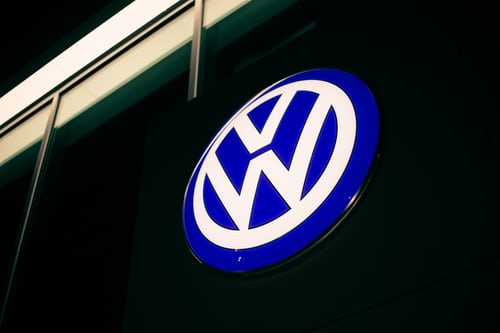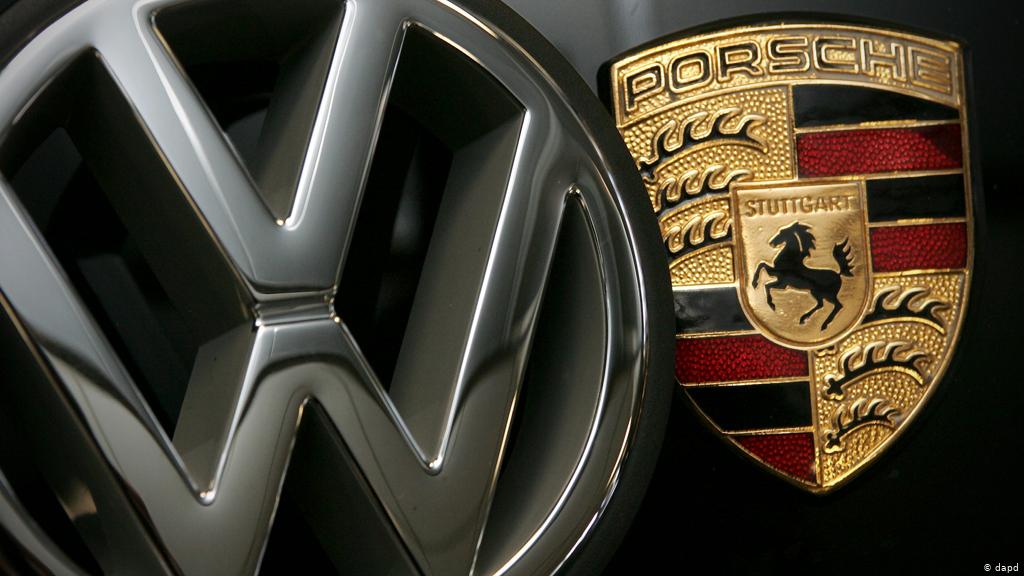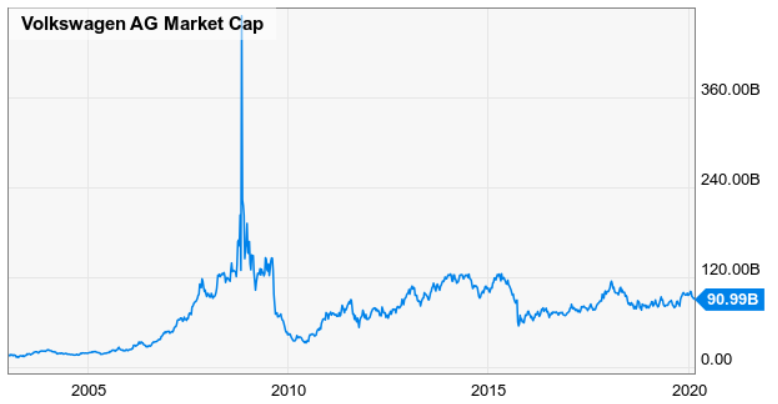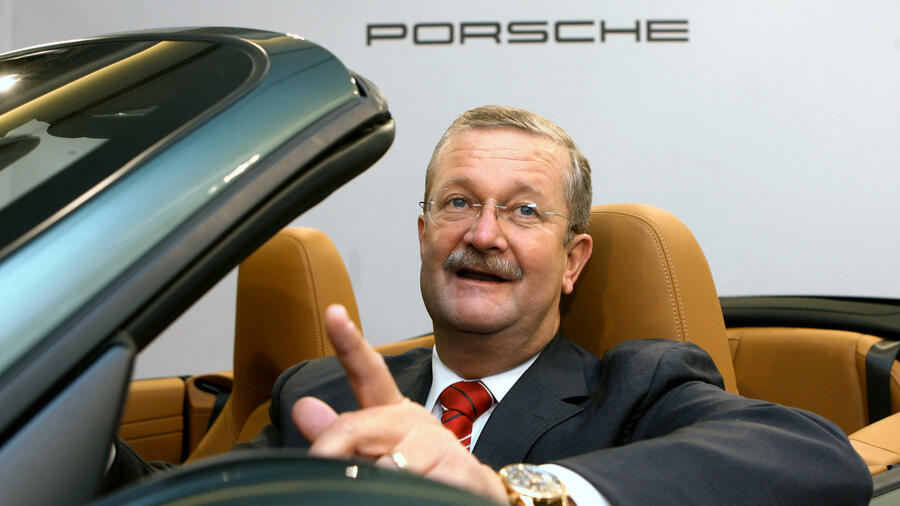Heavily indebted and already financially struggling before 2008, with car sales expected to plummet due to the ongoing global crisis.



Shorts, Squeezes, and Betting Against Stocks
— Kostas on FIRE \U0001f525 (@itsKostasOnFIRE) January 27, 2021
What is short selling, how is it used and why is it risky?
/THREAD/ pic.twitter.com/PyDd208hFe







The Mother of All Squeezes
— Kostas on FIRE \U0001f525 (@itsKostasOnFIRE) January 27, 2021
How Volkswagen went from being on the brink of bankruptcy to the most valuable company in the world in two days
/THREAD/ pic.twitter.com/h85Qhv78Wq
List of Educational Threads on Financial Independence and Investing for Beginners#FinancialIndependence #financialeducation #financialfreedom #investing
— Kostas on FIRE \U0001f525 (@itsKostasOnFIRE) January 3, 2021
1/ Financial Freedomhttps://t.co/8j5KG5ioFK
AUSTRALIA: Country's billionaires are over 50% richer than they were this time last year, according to data from Bloomberg Billionaires Index.
— The Spectator Index (@spectatorindex) December 30, 2020

Project: Lifelog
— Robert Horan (@Robby12692) December 13, 2018
Started by DARPA in 1999, the goal of Lifelog was to create a database on civilians without their knowledge, and track everything they do.
The project "ended" on Feb 4th, 2004.
Facebook began the exact same day.
The CIA funneled tens of millions into Facebook. pic.twitter.com/r7hwF0v9kh
It's very in vogue to bash California and this doesn't even reach to some things that deserve scorn, like the continuing control of the Western States Petroleum Association and the state Chamber of Commerce in policymaking. And yet-https://t.co/vHZ6GM7QF8
— David Dayen (@ddayen) February 11, 2021
As a dean of a major academic institution, I could not have said this. But I will now. Requiring such statements in applications for appointments and promotions is an affront to academic freedom, and diminishes the true value of diversity, equity of inclusion by trivializing it. https://t.co/NfcI5VLODi
— Jeffrey Flier (@jflier) November 10, 2018